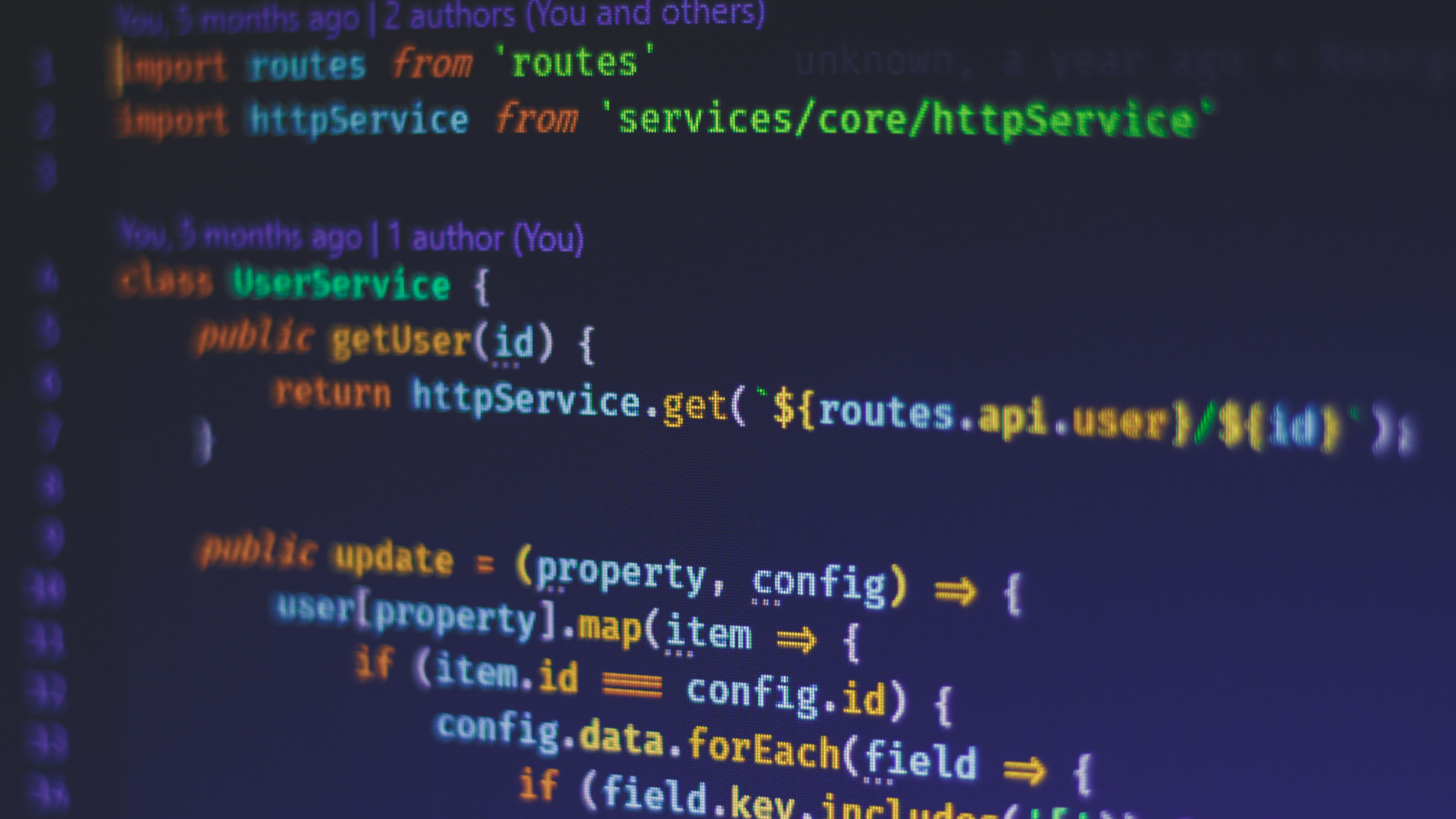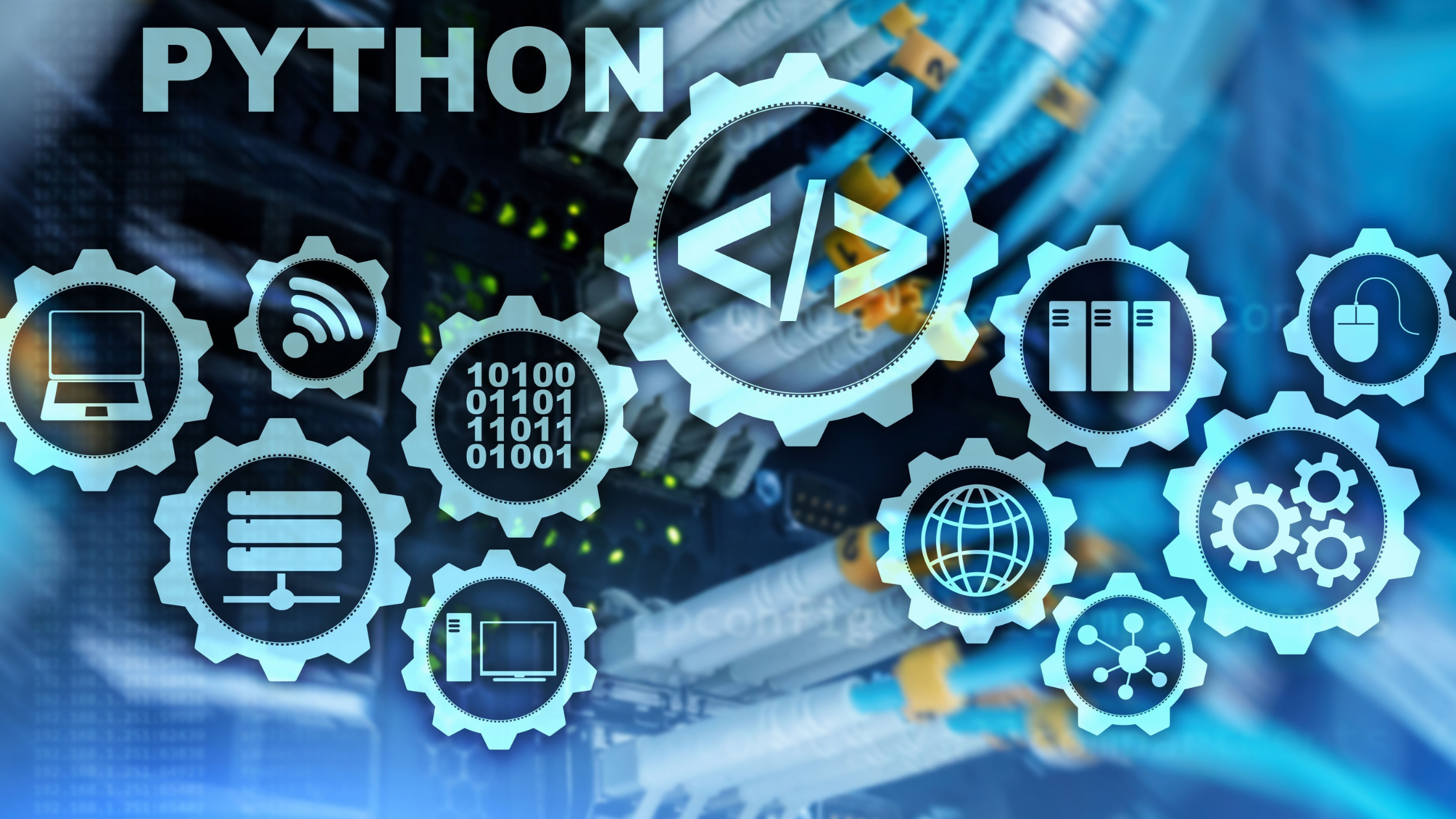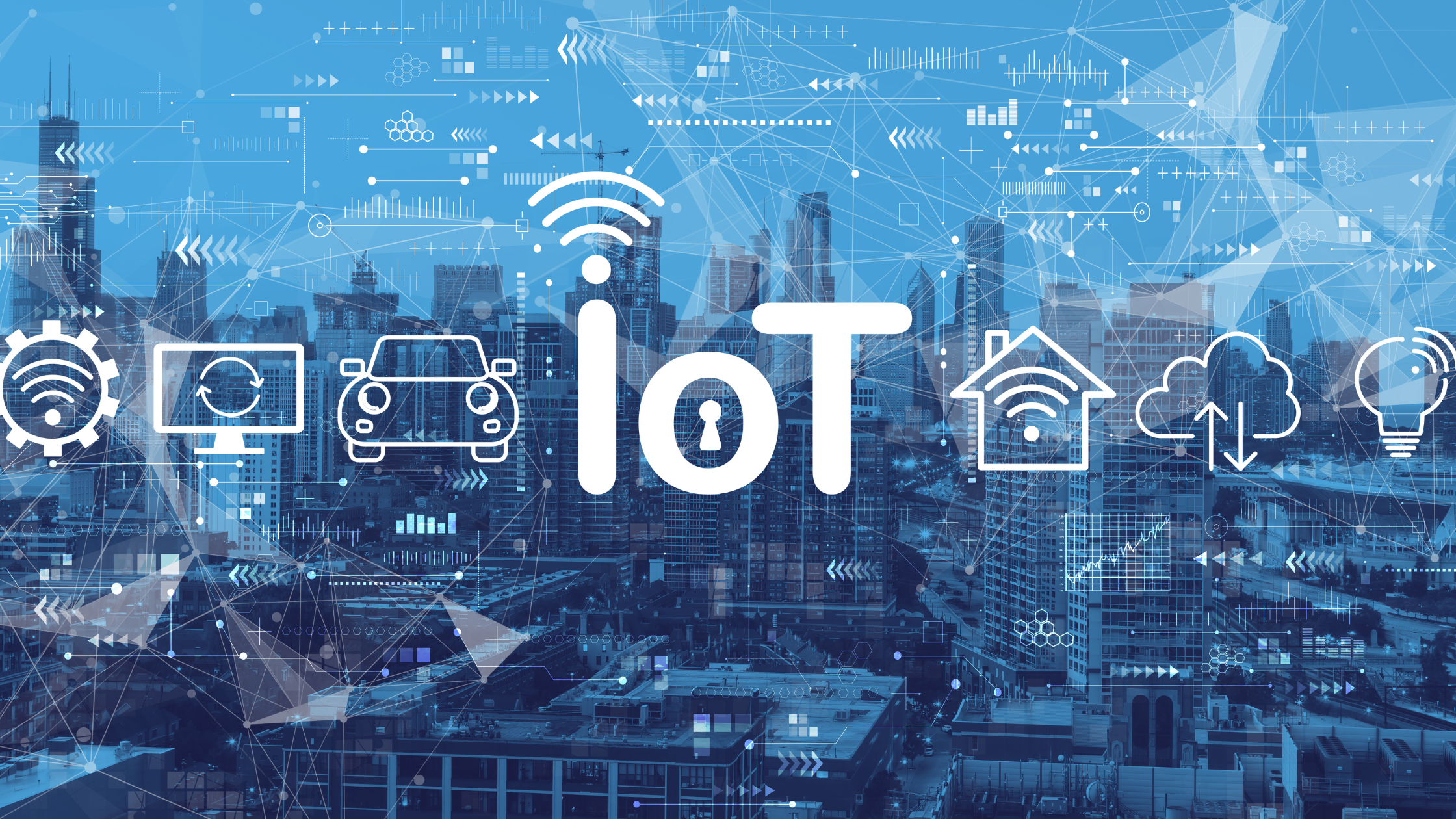What Programming Language is Used for Smart Homes?
With fast-paced technological developments, it’s only a matter of time before smart homes become a regular part of our routine. Recently, there has been an influx of smart home devices, including Amazon Alexa and Google Home, that can be controlled via voice commands. This article will explore the programming language used for these devices and its role in the connected world.

Smart homes are becoming increasingly popular as they allow homeowners to control various aspects of their homes via a computer or smartphone. While there are many different types of smart homes, they all use some programming language. The most common programming languages for smart homes are Python and Java. Homeowners who want to create a smart home should learn one of these two languages, as they are the most widely used and compatible with various devices.
Best IoT Programming Languages
Technology is evolving rapidly, and the internet of things is one of the latest buzzwords. The internet of things, or IoT, refers to the interconnectedness of devices, sensors and computers. To make this technology work, developers must use specific programming languages designed for IoT. Here are some of the best IoT programming languages:

Java: One of the most popular programming languages in the world, so it’s no surprise that it’s also a good choice for IoT development. It’s platform-independent, meaning it can run on any device, and it’s relatively easy to learn compared to other languages. However, one drawback of Java is that it can be slower than other languages.
Python: A universal language that’s easy to learn, making it a good choice for beginners. It’s also popular among experienced developers because of its readability and comprehensibility. Additionally, Python has a large community of users, so you can find support and resources when you need them.
C++: A powerful language that gives you much control over how your code runs. However, this flexibility comes at a cost; C++ can be more difficult to learn than some other languages and can also be more resource-intensive. Nevertheless, C++ is popular for IoT development due to its speed and efficiency.
Node.js: An open-source runtime environment that lets you run JavaScript code outside a web browser. This makes it ideal for developing server-side applications like web services or API endpoints. Additionally, Node.js has a large community of users who have created many functional modules and libraries that you can use in your project.
Scala: A newer language that combines the best features of both object-oriented and functional programming.
Go: A language specifically designed for system programming.
Rust: A new language specifically designed for safety and security. This makes it an excellent choice for developing mission-critical applications like those used in the automotive or aerospace industries. However, Rust can be challenging to learn compared to some other languages; but once you get the hang of it, you’ll appreciate its robustness and reliability.
Elixir: A functional programming language suited for building scalable applications.
Dart: Another newer language that offers an easy way to develop complex applications.
Clojure: A Lisp dialect that focuses on simplicity and flexibility.
Which Programming Languages To Learn For Smart Homes – Smart Home Points
In programming languages for smart homes, consider the various devices that make up a smart home ecosystem. While a simple mobile app may control some machines, others may require more sophisticated programming.

It’s important to choose programming languages that are compatible with the smart devices in your home. For example, Python and Node.js are popular programming languages often used to control smart devices. In addition, Java is another universal language that can be used for various innovative home applications. By choosing suitable programming languages, you can ensure that your smart home runs smoothly and efficiently.
Computers and software developers have been working on developing applications for the Internet of Things for some time now. However, with the introduction of Industry 4.0, connected devices, home automation systems, and wearable health gear, the demand for IoT-based applications is increasing.

This has led to a need for more developers skilled in programming languages compatible with IoT devices. While many different programming languages can be used to develop IoT applications, some of the most popular ones include Java, Python, and C++. To become an IoT developer, it is essential to have a strong understanding of hardware and software development.
In addition, developers need to be able to work with a variety of different types of IoT devices. With the right skills and knowledge, anyone can become an IoT developer and help create the next generation of connected devices.
How to Use Programming Languages to Extend Your Smart Home

Program your smart home to work the way you want it to. You can program several devices to work together to perform a task or one machine to perform several tasks. You can program your devices to respond to voice commands or program them to react to specific movement patterns. You can program your devices to turn on when you enter the room or program them to turn off when you leave the room.
The possibilities are endless! And with new programming languages being developed all the time, the options will only continue to grow. So, if you’re looking for a way to extend the capabilities of your smart home, don’t forget that programming is an option!
A range of programming languages can be used to create smart homes, but which one is the best for you? After reading this article, hopefully, you will have a better idea of which language might best suit your specific needs. Let us know in the comments below which language you would like to learn more!


